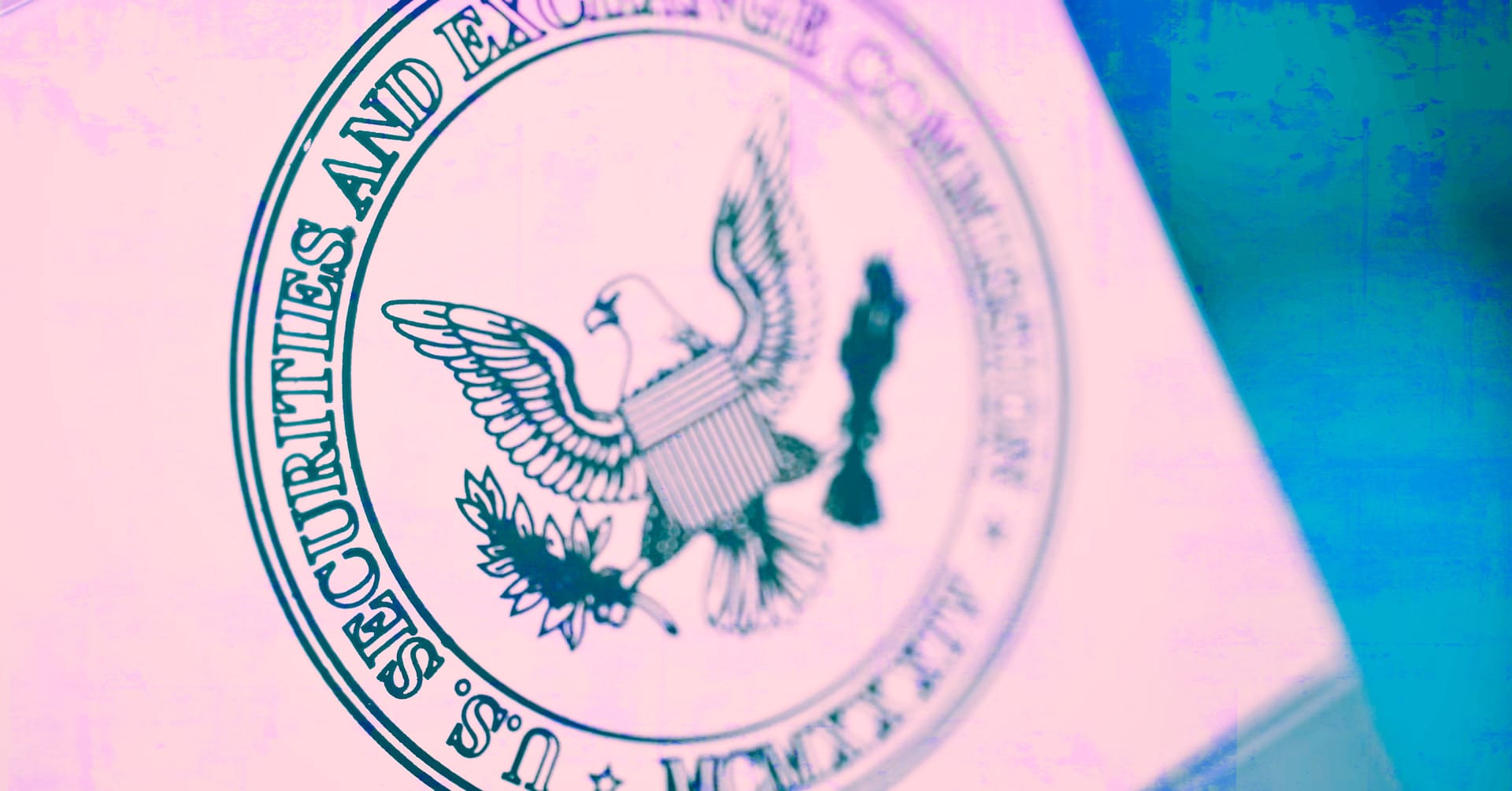SEC Publishes Rulemaking Agenda and Prioritizes Crypto Market Clarity

The Securities and Exchange Commission (SEC) announced its Spring 2025 rulemaking agenda on Thursday, signaling a significant shift toward integrating cryptocurrency into the broader U.S. financial system. With nearly half of the 20 proposed rulemakings focused on easing crypto regulations, the agency is prioritizing clear guidelines for digital assets while maintaining oversight to curb illicit activities. The crypto market, currently valued at $3.8 trillion, represents a small but growing segment of the $120 trillion U.S. capital markets under the SEC’s jurisdiction. This agenda marks an important milestone in aligning digital assets with traditional financial systems.
SEC Chair Paul Atkins emphasized the agency’s commitment to fostering innovation while ensuring regulatory clarity. In a statement, he described the agenda as a reflection of a “new day” at the SEC, aiming to provide clear rules for the issuance, custody, and trading of crypto assets. The focus on discouraging bad actors underscores the agency’s intent to balance innovation with investor protection. This approach aligns with the second Trump administration’s push to loosen crypto regulations, a promise Atkins reiterated earlier this summer with the launch of the “Project Crypto” initiative.
Stay In The Loop and Never Miss Important Crypto News
Sign up and be the first to know when we publishKey Crypto-Focused Rulemakings
Among the proposed rules, one aims to establish guidelines for the offer and sale of crypto assets, including exemptions and safe harbors to encourage innovation. This rule builds on Atkins’ earlier commitments to streamline the regulatory framework for digital assets. Another proposal seeks to amend interpretations of the Securities Exchange Act of 1934, enabling crypto assets to be traded on U.S. securities exchanges. This follows a joint statement from the SEC and the Commodity Futures Trading Commission (CFTC) earlier this week, encouraging traditional exchanges to explore listing spot crypto assets.
The agenda also includes potential changes to foundational SEC definitions, such as “broker” and “dealer,” which could reshape how crypto entities are regulated. These terms, rooted in the 1934 Securities Exchange Act, determine which entities fall under the SEC’s oversight for buying and selling securities. The agency is considering carve-outs to broker-dealer financial responsibility rules, potentially redefining the term “dealer” to better accommodate crypto market participants. Such changes could fundamentally alter how digital asset businesses operate within the SEC’s regulatory framework.
Additional proposals target modernizing custody rules and enhancing market structure for crypto trading. These reforms aim to provide greater clarity for crypto exchanges and custodians, fostering a more stable environment for digital asset transactions. The SEC’s push to update decades-old regulations reflects an acknowledgment of the crypto market’s unique characteristics compared to traditional securities. By addressing these differences, the agency hopes to encourage broader adoption while maintaining robust oversight.
The SEC’s proactive stance follows years of debate over how to regulate the rapidly evolving crypto sector. With the global crypto market continuing to grow, the agency’s agenda responds to calls from industry leaders for clearer rules. The proposed changes could pave the way for greater institutional participation in crypto markets, potentially boosting liquidity and investor confidence. However, the agency remains committed to enforcing laws against bad actors, ensuring that innovation does not come at the expense of market integrity.
This agenda represents the SEC’s most concrete step yet toward formalizing its crypto-friendly policies. By addressing key regulatory hurdles, the agency aims to integrate digital assets into the U.S. economy while maintaining its mandate to protect investors. As these proposals move through the rulemaking process, they are likely to spark significant discussion among industry stakeholders and policymakers. The coming months will be critical in shaping the future of crypto regulation in the United States.

